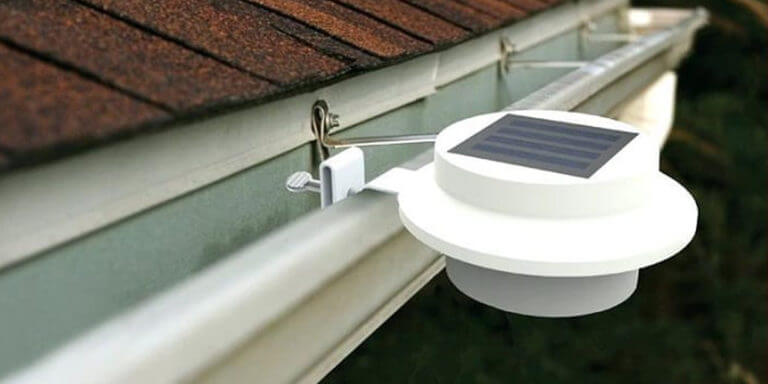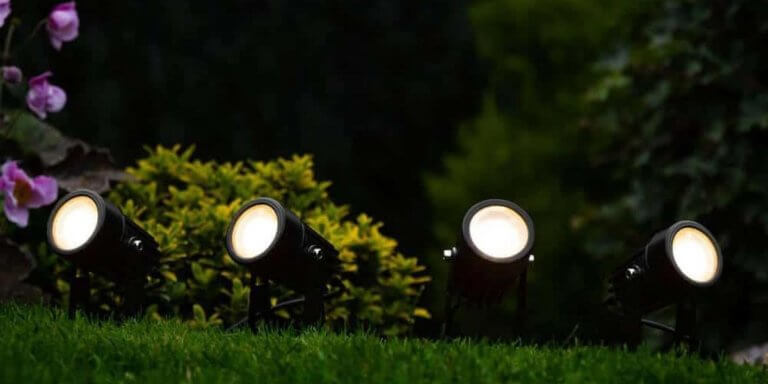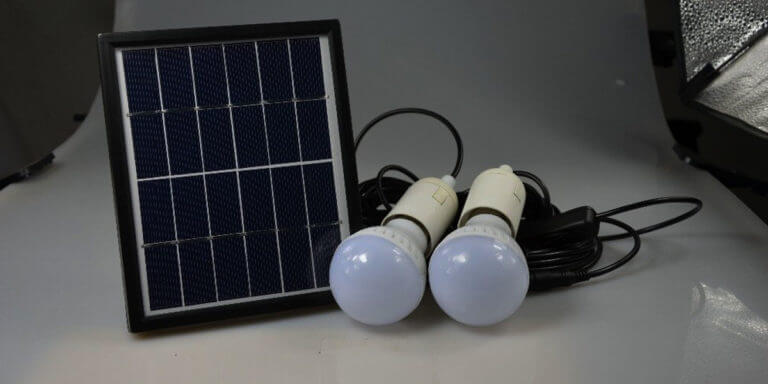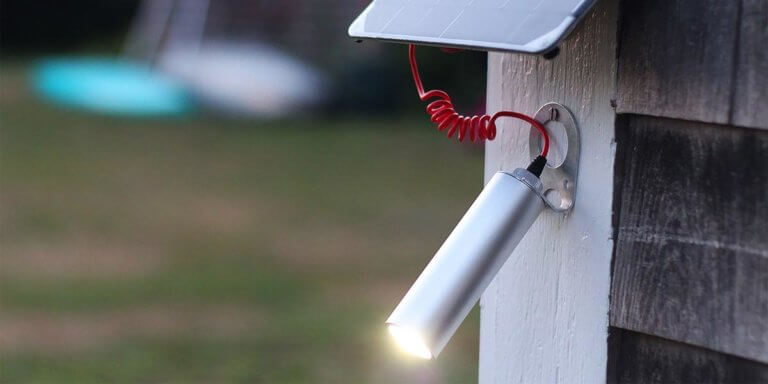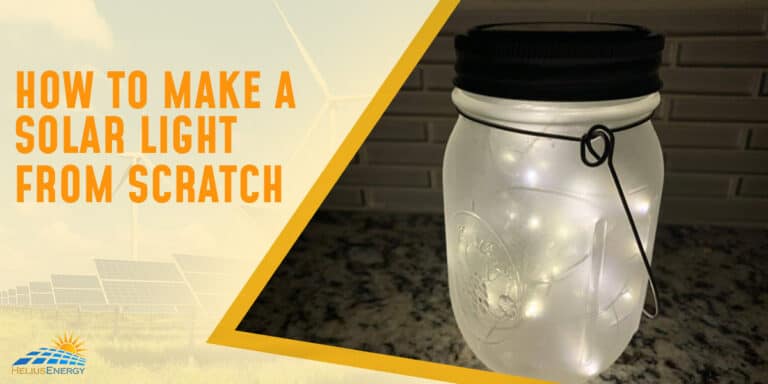Solar Lights Not Working? (Quick Fixes)
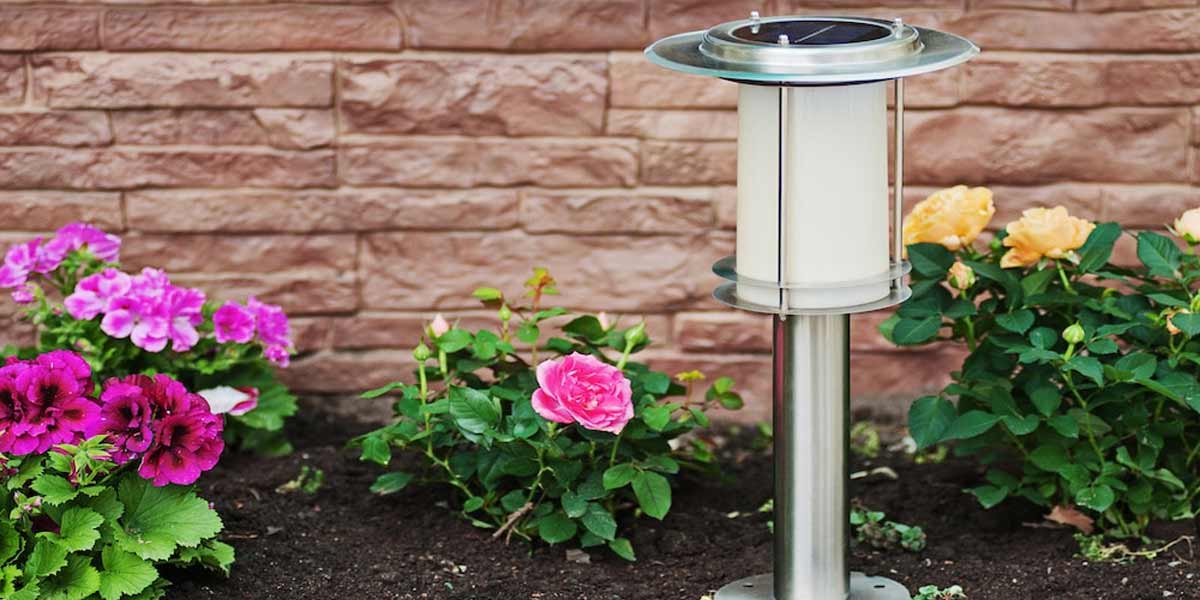
One of the best ways to decorate your indoors, gardens, balcony, or front yard is by adding several solar-powered lights in different sizes and shapes to lit up the space. They can be either small decoration lights to add a certain character to the area or bigger lights to brighten up the walkway.
Undoubtedly, solar-powered lights have become one of the most popular items in almost every household due to their efficiency and cost.
However, one of the worst possible nightmares is the failure of your solar lights, and therefore, this article solely focuses on understanding the reasons behind your solar light not working.
But before we dwell on that, it is essential to understand what solar lights are, how they work, and their significant benefits and disadvantages in depth. Therefore, let’s begin with solar lights and all that we need to know about them.
What Is A Solar Light? How Do They Work?
To begin with, we all know that the sun’s energy is a renewable form of energy and, therefore, is convenient over any other source of energy.
Since it is estimated that the sun will be burning for the next 5 billion years approximately, the sun’s power is used to produce solar-powered electricity by trapping direct sunlight.
With the advancement of modern-day technology, renewable sources are harnessed to avoid draining the Earth up to the point of saturation. Therefore, solar-powered energy is also environment-friendly.
One of the most common ways to harvest the sun’s energy is by using solar panels. There are plenty of solar panels installed across the globe that supply the electrical plants with raw materials to produce light. Many other components make up a solar system to produce solar electricity through sun exposure.
To understand how a solar light works, it is important to learn about its different components and functions. They are:
- Solar Panels: They are mainly responsible for three crucial operations: capturing the sunlight, transforming sunlight into solar electricity; and, passing the electricity onto the batteries for storage. You can also use portable solar panels to power the indoor solar lights or solar coop lights.
- Batteries: Every solar light has either a set of high-quality rechargeable batteries or one of them. They are responsible for storing the electricity produced by the solar panels for later usage at night and powering the lights with electricity.
- Sensors: Although there are different types of sensors available for the solar system, three of them are most commonly used: light sensor, for activating the light when it’s dark where the sensor detects the absence of light and automatically powers the light on at night; lux sensor, for controlling the intensity of darkness outside the house before activating the light; passive infra-red (PIR), for detecting heat in motor-censored lights.
- LEDs: They are described as flashy light orbs that usually generate light whenever the electricity travels through them.
Benefits Of Solar Light
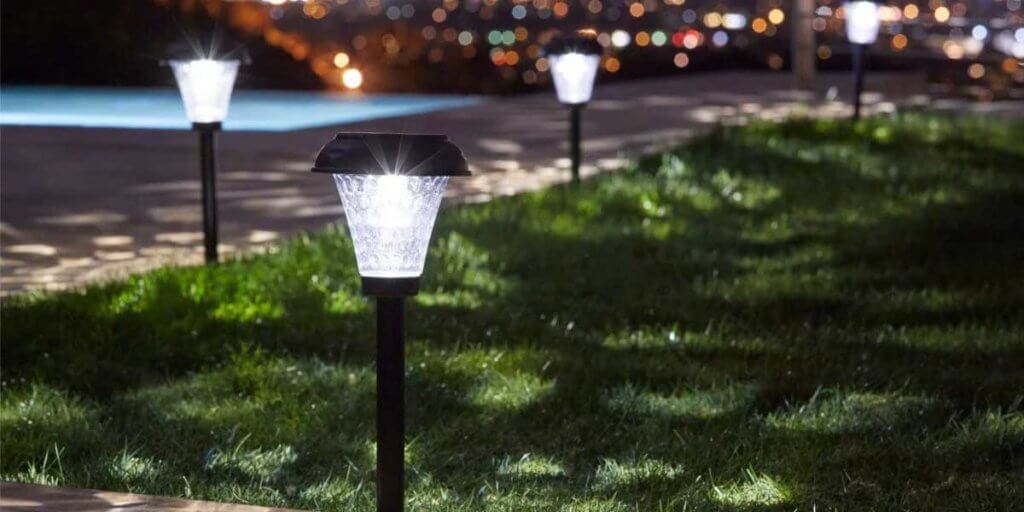
There are many advantages or benefits of using solar lights. Therefore, the benefits of solar lights are as follows:
I. The reason why solar energy is valued so much is because it is easier to access than wave energy. The sun shines bright above everyone, be it in Australia or the US. Therefore, it makes solar energy the most reliable source of alternate energy, and hence, solar lights are the best option.
II. Using alternative energy sources, such as solar energy, helps to reduce the carbon footprint or the amount of pollution emitted into the world every day. Therefore, solar lights are environment-friendly.
III. One of the biggest benefits of using solar-powered lights is that they are highly energy-efficient and duly effective. Solar lights trap the sunlight to generate power, which is a natural and renewable source of energy.
IV. Additionally, solar lights are also cost-effective compared to the lights powered by electricity since the former can also utilize battery power apart from solar energy, which helps cut down electricity bills.
V. They are also easy to maintain and can be used in different setups. Also, solar lights don’t use any wires, which free them of any mounting hassles and the weight of unnecessary accessories.
Different Types Of Solar Lights
There is more than just one type of solar light, and they are usually classified into different categories by considering the destination, the way they are designed, and their purpose of even their appearances.
I. Solar string lights are generally used for decoration purposes since they are lights attached to a string and appear to be a perfect fit for an outdoor setup or a garden.
II. Solar deck lights are LEDs available in different shapes and sizes and are mostly best suited to use on walls, staircases, decks, or patios. Basically, they provide a very intimate and cozy atmosphere without worrying about tripping over light wires.
III. Solar emergency lights are excellent options for when there’s a power cut since they consist of built-in power banks and have plenty of lumens to light up the whole room for quite an extended period.
IV. Solar wall lights are usually mounted directly on the wall for illuminating several corners of the house, rooms, entrances, or even garage or shed entrances.
V. Solar step lights are modern-day inventions and are undoubtedly very stylish. They are generally placed directly at the ends of each step of a staircase to light up the steps and give it a modern essence of style and design.
VI. Solar lawn lights are perfect for showcasing beautiful flowers, decors, and the space in general, which creates an impeccably beautiful ambiance that can blend well with differently colored flowers.
VII. Solar post lights harvest and absorb the sun’s power to provide more light for covering more spaces than just one, with a single source of light.
VIII. Solar lanterns are used for camping, outdoor activities, or just installed in the yard.
Why My Solar Lights Are Not Working
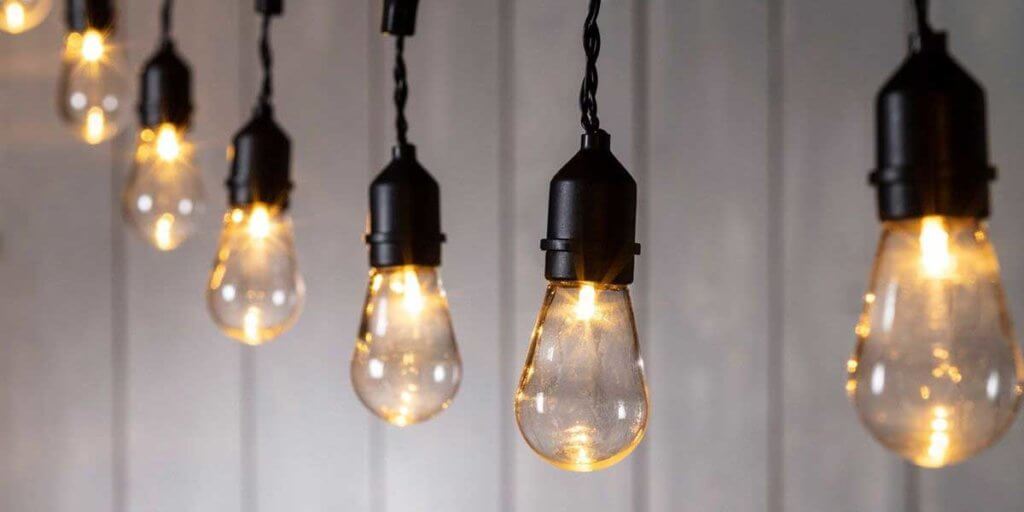
There may be many reasons behind your solar-powered lights not working properly, such as broken wires, dead batteries, etc. However, fixing them is not as difficult as it may seem, and one can easily do it themselves at home, even without any knowledge of technical skills.
1. Check For Sunlight Interruptions
Often it happens so that the solar panels fail to obtain the required amount of solar energy from the sun rays. As a result, the lights fail to function properly and are not as bright as they should be. Therefore, the placement or the location of the solar lights plays a major role in the proper functioning of the solar system.
The solar panels must receive direct sunlight for at least 5-6 hours every day to effectively charge the batteries for future storage. According to the rule of thumb, every hour of sunlight provides 1.5-2 hours of illumination.
Solution: Relocate the positioning of the solar panels where there are no obstacles such as trees, shades, or other barriers, and make sure you position it towards the south and at the required correct angle.
In case you notice that your solar lights are not shinning for 8-12 hours of duration at one go, place them in an area when they can be hit up by direct sunlight.
2. Inspect The Solar Light
Next up, you must inspect the solar light for any failed function, such as not lighting up or not brightening enough.
Most of the outdoor solar lights like solar spot lights generally come with on and off switches; therefore, make sure the switch is always turned on whenever necessary.
Additionally, there may be a factory defect that is preventing the lights from turning on. However, some solar lights also come with a pull button on the battery, which must be removed before turning the light on.
Solution: Test the solar LED for damage and, if required, replace it with a new one.
3. Check If The Sensor Is Working Properly
Solar lights don’t work during the day due to the presence of light. All of them come with a sensor to detect the darkness to illuminate light when needed.
Solar light sensor not working can be a yet another common concern for solar light owners. Therefore, don’t forget to check the sensor from time to time to avoid any damage and make sure you make your room dark enough during the daytime to make it work.
Solution: Clean the properly and replace your Sensor if it fails the test and does not illuminate in darkness.
4. Ensure The Solar Panel Is Clean
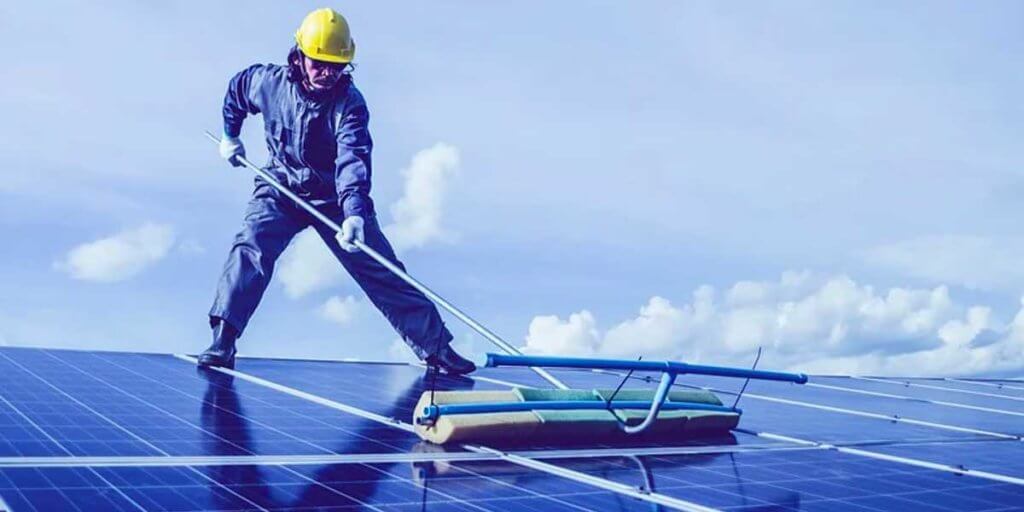
Solar lights often tend to dirty quickly, depending upon the kind of their usage. Therefore, keeping them clean is crucial to maintain them properly as they can also dimmer the brightness of your solar lights.
Thus, check the solar panels regularly to keep a check on dirt and dust and place them at a safe place during the monsoon season. Additionally, make sure that the solar cover is not blocking the source of sunlight to your solar panels.
5. Check The Battery
Many modern solar lights come with rechargeable batteries, highlighting the fact that after serving their life span of about a few years, they often tend to stop functioning. Therefore, this calls for the need for battery replacement whenever deemed necessary.
To avoid dimming the power of the light. To receive the best from your newly bought solar light, let the batteries get fully charge for the first time before switching them on. Then place the light at a proper location to let them charge fully, and turn the switch off afterward.
Solution: In case the light doesn’t work even after that, the problem may be a faulty battery or a broken solar panel. Therefore, it’s time to replace your batteries.
6. Check Your Solar Panel Cables
Although some solar lights have a remote solar panel that is separated from the lamp and connected with a cable or two, often witness that the cables do not firmly plug in the panel and the batteries. This results in the inability of the panel to charge the batteries for lighting up the solar lights.
Solution: Fix Broken Wire on Solar Lights with good electrical tape. However, if the damage is severe, the whole wire should be replaced.
7. Check For Water And Residue Buildup
Outdoor solar lights are designed in a way to withstand water and rain. However, often during heavy rains, they end up not functioning at all. If the solar light is filled with water, you have to disassemble it as required and dry off all the accessories. Then, pay close attention to the sensor for any visible damage and put everything back together. Test the solar light in a dark room to see if it still works.
Solution:
- Open the solar light and gently clean it to remove dust and dirt.
- Assemble the light after that and switch it off
- Keep it under in hot temperature to give it some time to dry off.
Conclusion
To conclude, solar energy is the radiation of the sun. It does more than just reduce electricity bills and protecting the environment. Solar energy has increasingly become the best choice or form of energy.
Therefore, with the popularity of solar lights comes the trouble of maintaining it in case an emergency occurs. Thus, with the knowledge of the quick fixes mentioned above, anybody should be able to fix their solar lights regardless of what minor problems they may cause.

